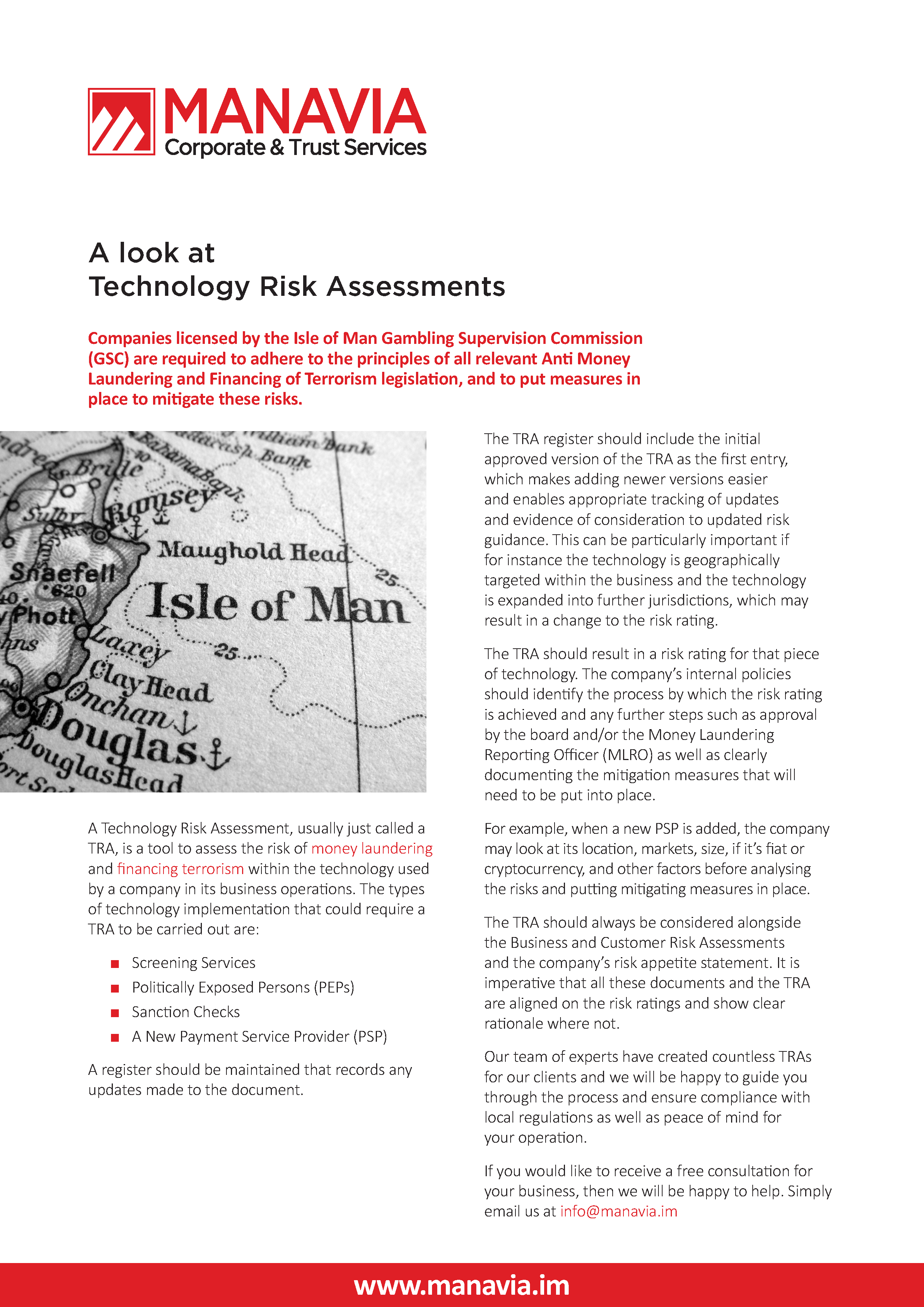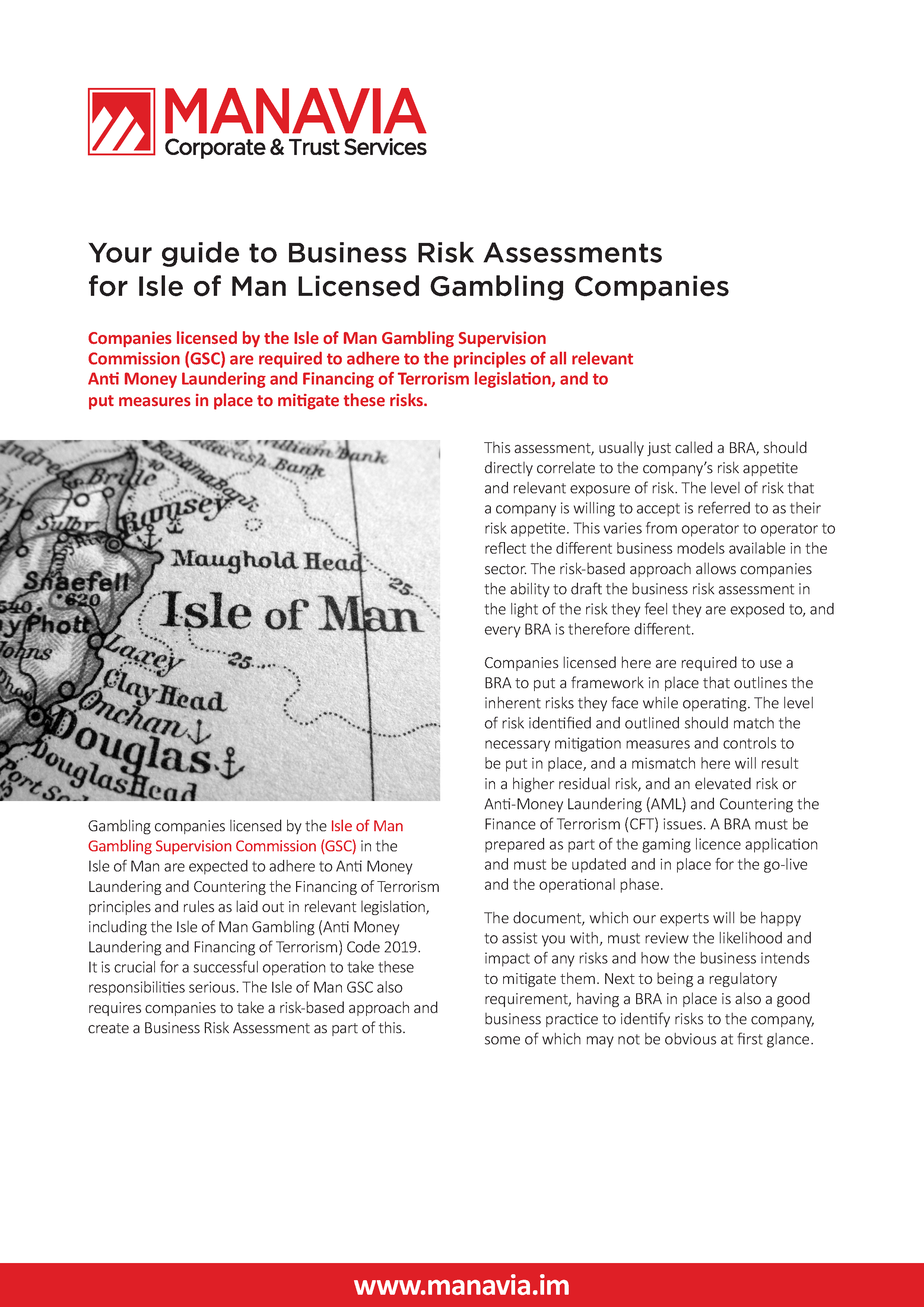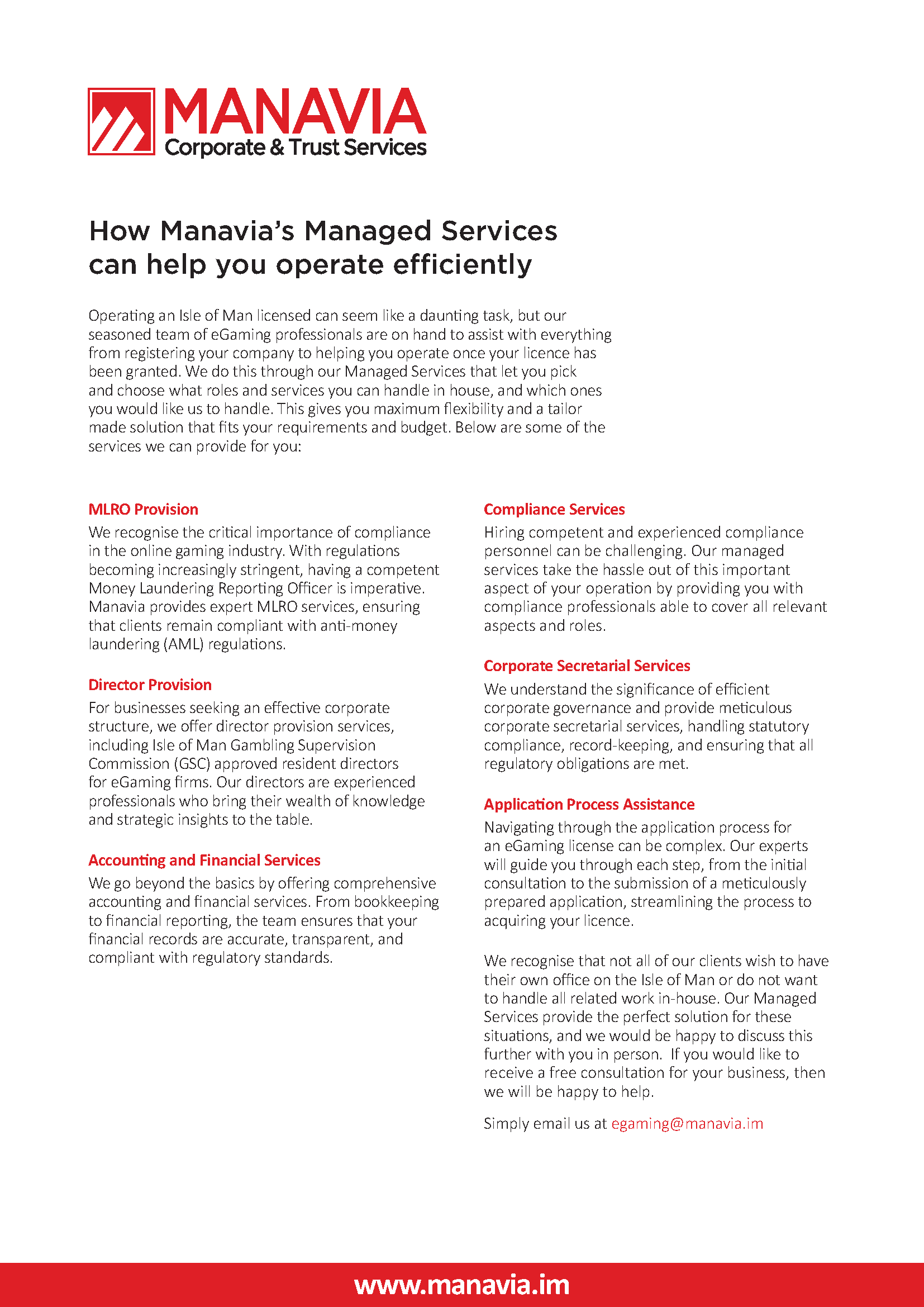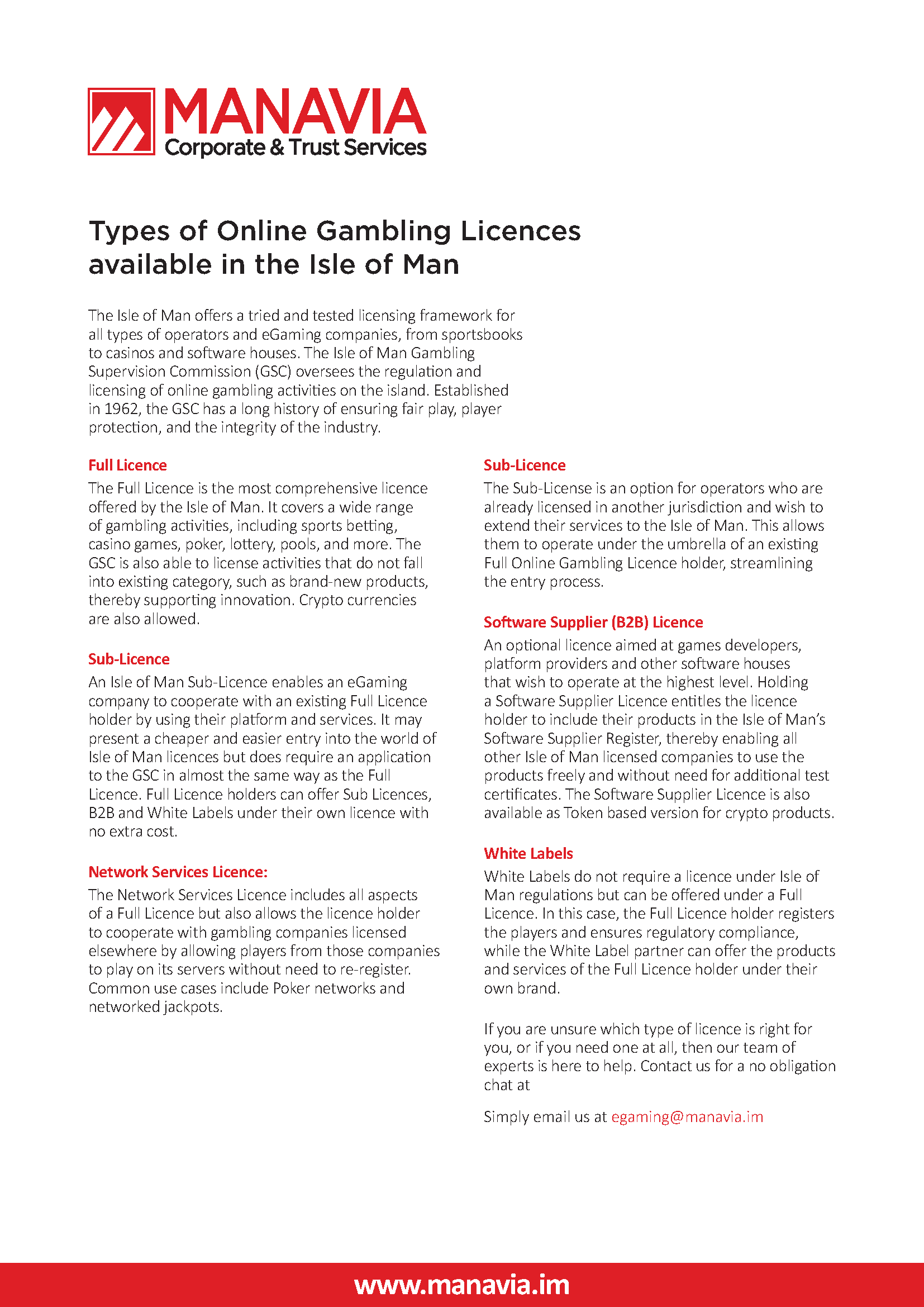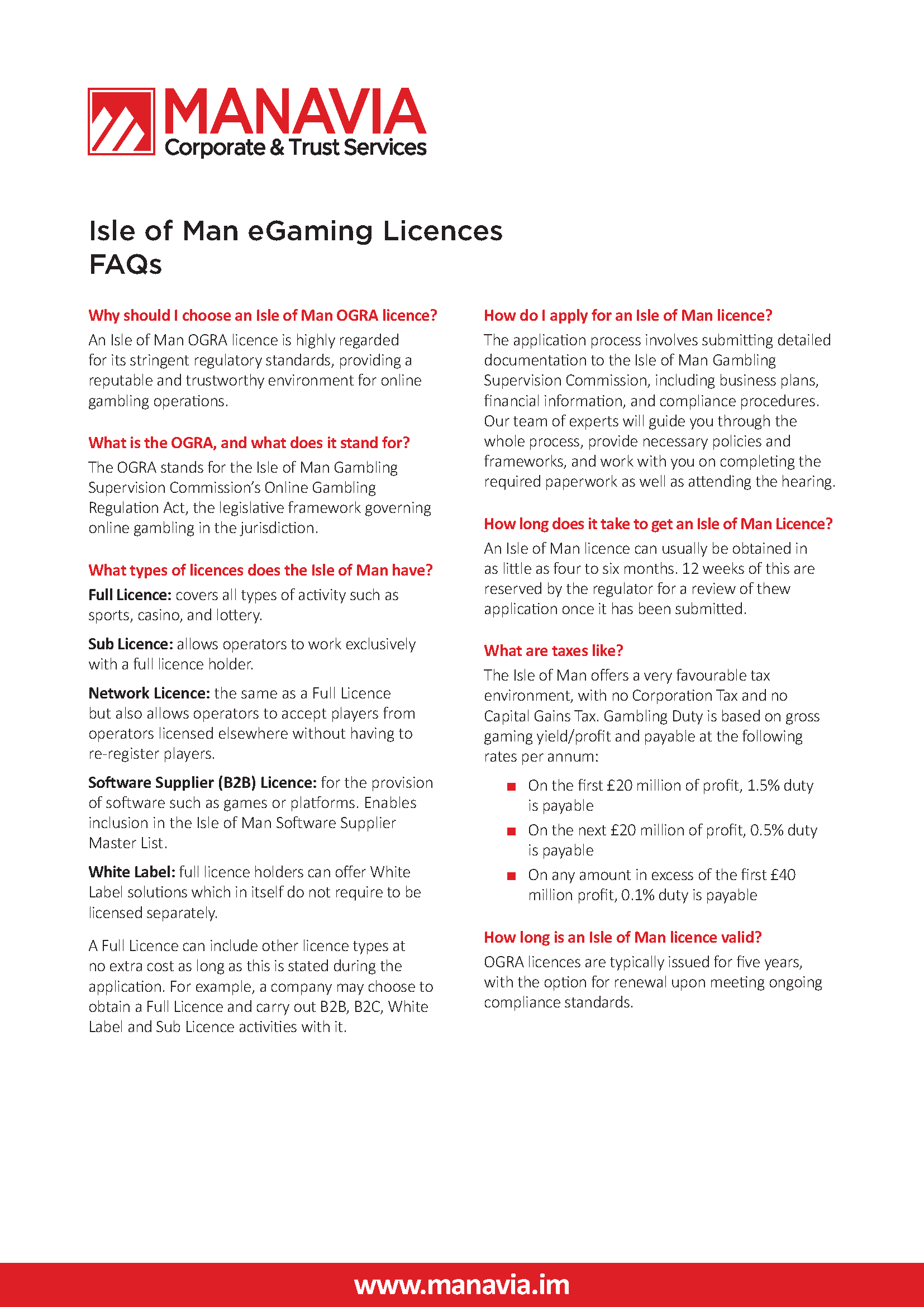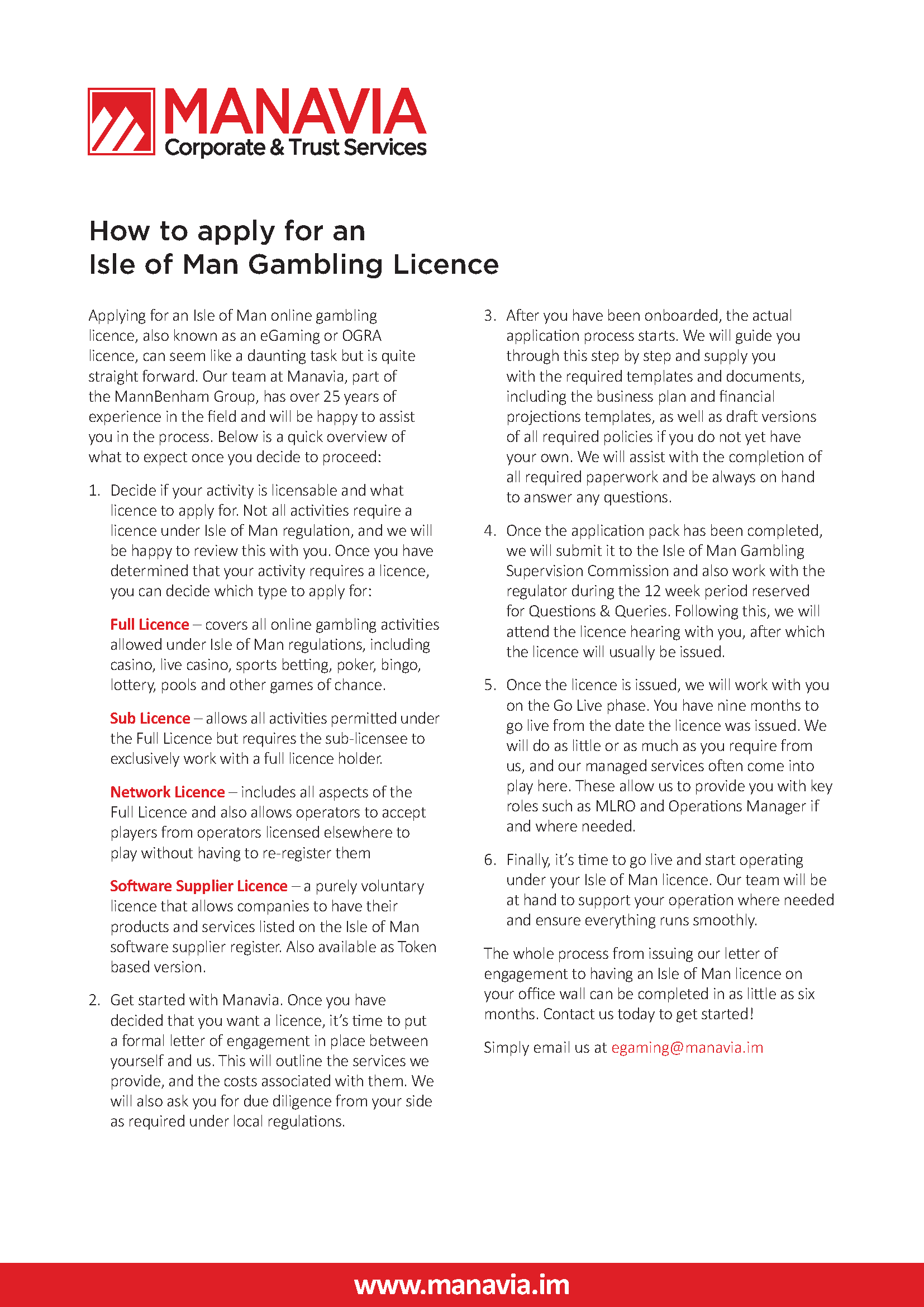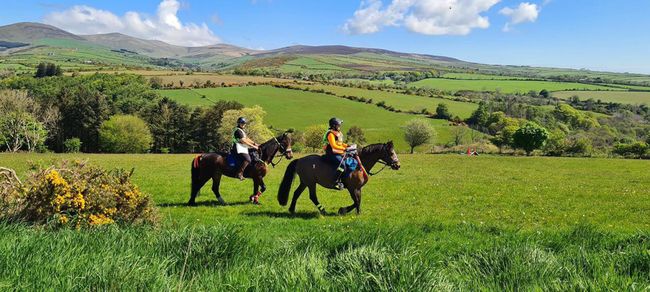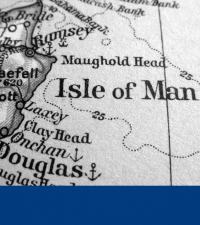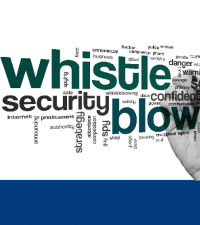Miles Benham | Managing Director & Senior Advocate |The Isle of Man Double Duty Relief article was originally published on 20 February 2015
The 2012 UK budget saw the Government announce that UK gambling taxes would be reformed so that remote gambling was taxed on a ‘place of consumption basis’ (‘POC’). This means that operators will pay tax on the gross gambling profits generated from UK customers, regardless of operator location. In practice, this means that operators, including those based in the Isle of Man (‘IOM’) accepting business from customers located inside the UK are now liable for a remote gaming duty of 15%. For IOM operators with UK-based customers, the change meant that the operator could end up paying duty in both the UK and the IOM. While the Isle of Man duty (payable on a reducing scale from 1.5% to 0.1% of gross gaming yield or retained profit) may appear insignificant compared to the UK’s hefty 15%, any relief from double duty would be welcomed by operators who now face reduced margins with the UK tax changes.
Double Duty Relief
Double taxation risk is commonly remedied by the implementation of agreements between the respective jurisdictions. While there is presently no such agreement between the UK and the IOM which covers gambling duty, the IOM does provide its operators with relief from double gambling duty. The relief from double gambling duty is contained in the Isle of Man’s Gambling Duty Act 2012 (the ‘Act’). In preparation for the UK moving to taxing remote gambling on a PoC basis, the Act’s double duty relief provisions have been enacted by way of the Gambling Duty Act 2012 (Double Duty Relief) Order 2014 which came into force on 14th December 2014 and relates to duty incurred on or after 1st December 2014.
The DDRO provides for double duty relief where an operator in the IOM has paid or accounted for a duty or tax which is of a like nature to gambling duty charged in the Isle of Man under the Act. The operator must have paid or accounted for the duty or tax to HMRC or a competent authority in another member state of the EU that is responsible for the administration and collection of tax or duty in that member state.
The double duty relief is in respect of the operator’s liability to gambling duty in the IOM where the operator has paid a foreign gambling duty in respect of the same gambling activity. The operator must provide the Treasury with satisfactory evidence that the operator has paid an amount of more than £100 to a relevant competent authority in respect of a tax or duty. The key is that the foreign gambling duty is of a like nature to IOM gambling duty and operators wishing to seek relief in respect of foreign gambling duty incurred in the rest of the EU would be advised to speak with the Treasury.
If an operator receives repayment of any foreign gambling duty then the operator must immediately notify the Treasury and pay the Isle of Man gambling duty.
As the implementation of gambling tax reforms has progressed HMRC has issued a series of Information Notes to give early guidance on the reforms. The third Information Note was of immediate concern to offshore operators as it advised that unless the UK had a bilateral agreement with the country to allow recovery of UK gambling duties the new ‘UK substance requirement’ would be applied to the operator.
The ‘UK substance requirement’ requires certain non UK-based operators to either appoint a fiscal representative or provide HMRC with security in the form of 6 months UK duty. The fiscal representative would be jointly and severally liable for the amounts due from the operator in respect of UK tax. Clearly, either of these options would be extremely expensive to implement and would be an additional burden upon an operator.
Fortunately for IOM operators an agreement was reached with HMRC and in September 2014 it was announced that the IOM authorities had agreed to enforce any UK gambling duty debts incurred by operators based in the IOM. HMRC confirmed in a newsletter that operators based in the IOM will not be required to appoint a fiscal representative in the UK.
Base erosion and profit sharing
The Organisation for Economic Cooperation and Development (‘OECD’) has issued recommendations for a set of actions to tackle Base Erosion and Profit Sharing (‘BEPS’). The OECD’s Action Plan on BEPS was published in July 2013 with a view to addressing perceived flaws in international tax rules.
BEPS recommendations include changes to model tax agreements that exempt business premises from permanent establishment status if they merely store, display or deliver goods, or collect information for the enterprise.
Once the dust has settled on the UK reforms and the market has adjusted, the next challenge is likely to be proving that the operator has a real presence in the jurisdiction it calls home.
With a corporate tax rate of 0% and a personal income tax cap of £120,000.00 the IOM is still a very attractive base for headquartering an online gambling operation. By having a real presence with offices and staff on the Island operators are able to demonstrate that their profits are recorded where the key decisions are made and the operations exist.
The UK reforms, the PoC tax and the impact of BEPS may well play out to strengthen the IOM’s proposition as a jurisdiction of choice for operators choosing where to headquarter.



